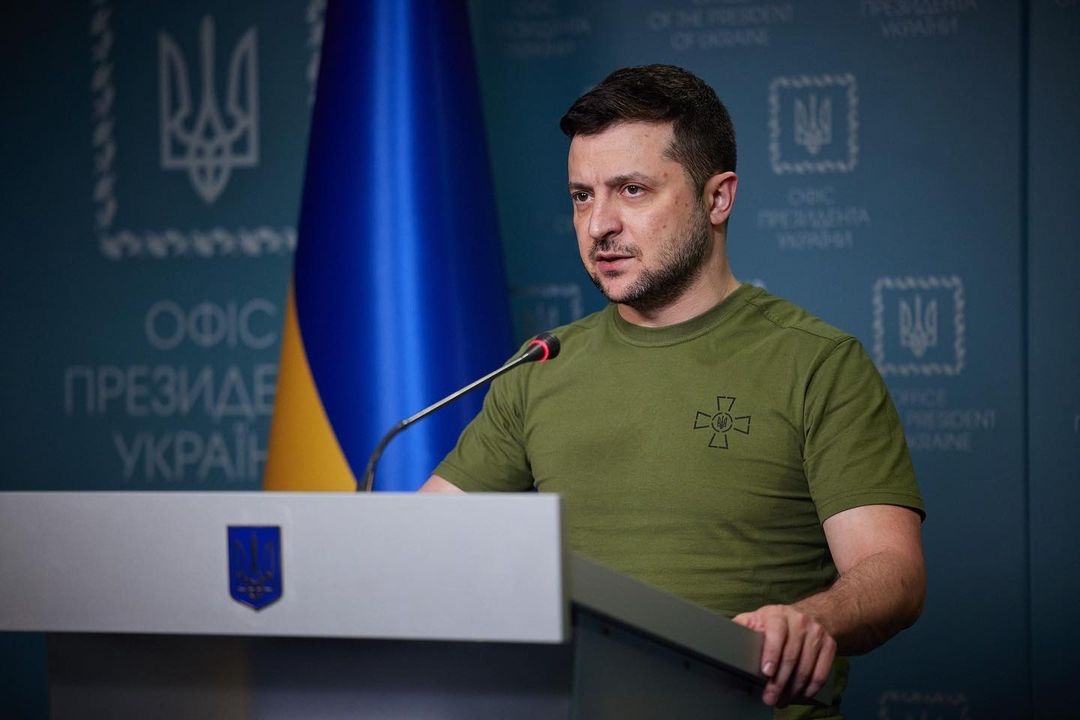I t is visa reprisal that the Ukranian President, Volodymir Zelenskyi, now suggests. In a fervent appeal to Western powers, he has called for a blanket travel ban on Russians. The proposal has been supported by certain European countries, but has been roundly condemned by the Kremlin which has pressed on with a fresh military offensive in eastern Ukraine. Is Zelenskyi intent on dividing the EU not the least because there are divisions on how to deal with Moscow? Not the least because Ukraine has halted the flow of Russian oil to some east European countries due to the payments issue, related to sanctions. Zelenskyi’s call for a one-year travel ban and the expulsion of Russians living in the West so that they could live “in their world until they change their philosophy” was made in an interview with the Washington Post. In his reckoning, sanctions imposed on Russia to punish it for invading his country on 24 February were “too weak”.
After six months, the President of Ukraine would appear to have realized his folly. Sanctions can cripple a country’s economy, but they can scarcely bring a regime to its knees. Zelenskjy has even suggested that the ban ought also to extend to Russians who had fled since the start of what Moscow calls a “special military operation” because they disagreed with President Putin. Almost predictably, the Kremlin has binned Zelenskyi’s standpoint as irrational, saying that Europe would eventually have to decide if it wanted to pay the bills for his “whims”. As the Kremlin spokesman, Dmitry Peakov, said, “Any attempt to isolate Russia or Russians is a process that has no prospects.” Others have questioned the legality of such restrictions, suggesting that these would infringe on the rights of Russians. However, the proposal was backed by Kaja Kailas, Estonia’s Prime Minister. She said it was time for EU to stop issuing visas to Russians. “Visiting Europe is a privilege, not a human tight,” she tweeted.
Advertisement
The Prime Minister of Finland, Sanna Marin, has said she is in favour of an EU-wide curb on Russian tourism. EU leaders are likely to discuss the issue at the next summit. While Finland still issues Schengen visas to Russian tourists, Estonia, Latvia and Lithuania no longer do so. The Schengen area comprises 26 European countries within which people can travel freely without presenting passports. Other countries which have traditionally enjoyed closer ties with Russia such as Hungary are, however, likely to oppose an EU ban. The European Commission has questioned the feasibility of such a ban, saying certain categories, notably family members, journalists and dissidents ought always to be granted visas. In the midst of the kerfuffle over visas, Russia has unleashed ground forces, air strikes and artillery in an offensive designed to complete its capture of eastern Ukraine.









